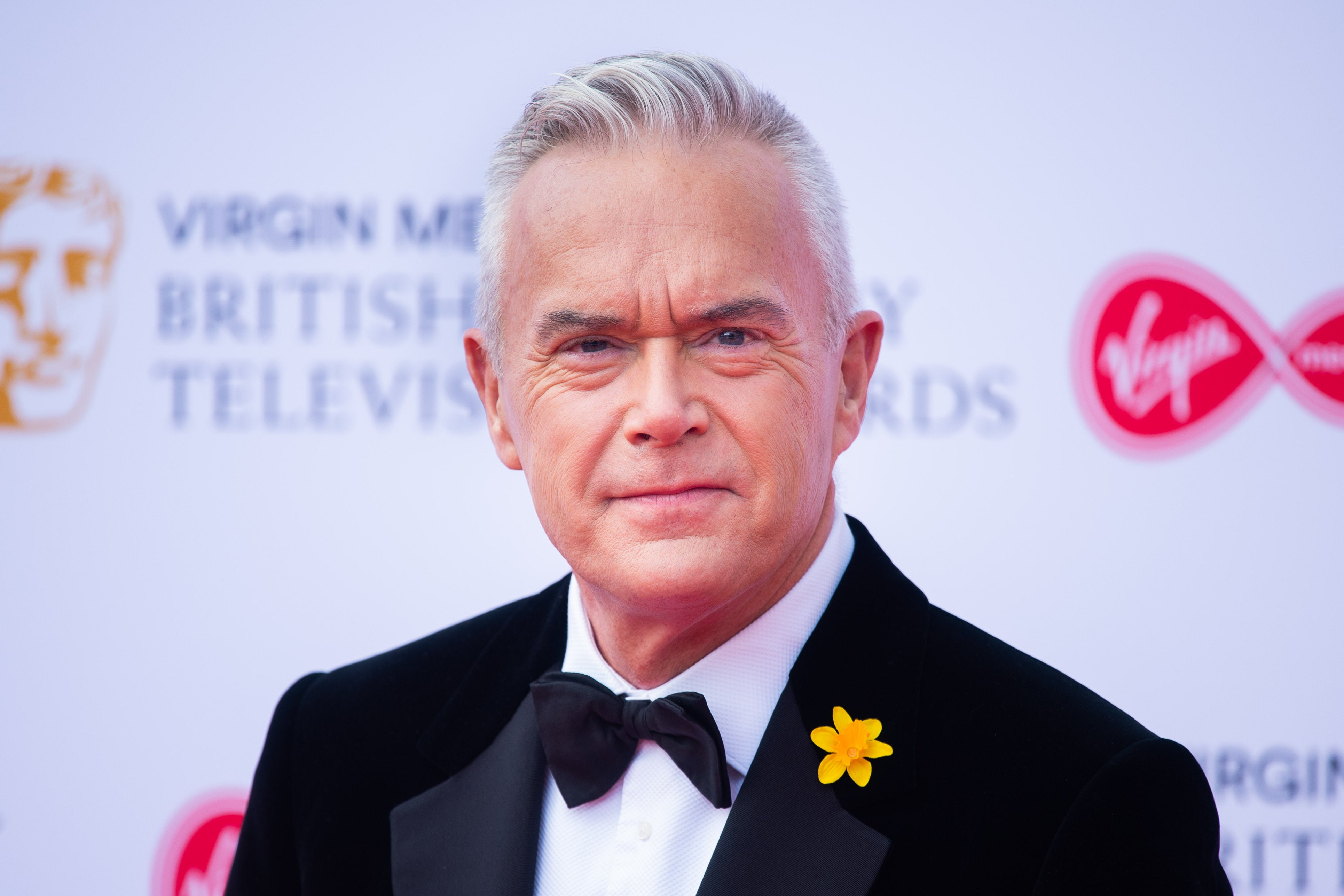Edwards: Colleague said BBC doesn’t want people to think a nutter reads the news
The broadcaster said there was initially a ‘deep freeze silence’ from the organisation after he told them.

Your support helps us to tell the story
From reproductive rights to climate change to Big Tech, The Independent is on the ground when the story is developing. Whether it's investigating the financials of Elon Musk's pro-Trump PAC or producing our latest documentary, 'The A Word', which shines a light on the American women fighting for reproductive rights, we know how important it is to parse out the facts from the messaging.
At such a critical moment in US history, we need reporters on the ground. Your donation allows us to keep sending journalists to speak to both sides of the story.
The Independent is trusted by Americans across the entire political spectrum. And unlike many other quality news outlets, we choose not to lock Americans out of our reporting and analysis with paywalls. We believe quality journalism should be available to everyone, paid for by those who can afford it.
Your support makes all the difference.Huw Edwards has said a colleague told him the BBC “doesn’t want people to think there’s a nutter reading the 10 O’Clock news” after he told them he has depression.
The broadcaster, 60, described how his employer reacted when he told them, stating that there was initially a “deep freeze silence” while his former boss was very supportive.
Edwards, who has been at the public service broadcaster since 1984, revealed in a documentary last year he had bouts of depression which have left him “bedridden” since 2002.
He described how he still deals with it now, but added “it’s not as bad as it was”.
Speaking on the podcast hosted by BBC journalists Jane Garvey and Fi Glover, “Fortunately…with Fi and Jane”, they asked Edwards how their employer reacted to the news.
He said: “With, a kind of, a deep freeze silence to start with, which is always the kind of way the organisation does.
“People don’t understand what the BBC is like. It can be a very sympathetic and supportive organisation. It can be not that. It’s a very bureaucratic organisation.
“John Sergeant used to tell me many years ago at Westminster, ‘never forget the BBC’s a bureaucracy and you can’t expect it to have a heart, in one sense, because it functions as a bureaucracy.’
“And that advice, although it’s not always true, helped me a lot in terms of understanding that lots of the outcomes of the BBC, which sometimes you’re a victim of, were not personal at all, it’s just the machine delivering something. So on this one, the machine took a while to respond.”
He added: “But I have to say, in people like [former director of BBC News & Current Affairs] Fran Unsworth, who was my former boss in news, it couldn’t have been more supportive. It was fantastic.
“I think they [the BBC] were rather nervous. One of my colleagues, who used a phrase which I can use because I was at the receiving end of it, and it’s not meant to cause offence in any way, one of them said to me ‘Well, the BBC doesn’t really want people to think there’s a nutter reading the 10 o’clock news.’ And I said, ‘What do you mean a nutter? What kind of phrase is that?’
“But that’s actually quite a good insight into the way people, some people still perceive these issues. That was said three years ago.”
He added that once he shared his news, several colleagues came up to him and said they had been “dealing with their own stuff for the last few years”.
Edwards said he decided to share publicly that he has depression as he felt it was “complete hypocrisy” to support organisations such as the Shawmind Foundation or Mind without explaining why.
“I also felt that it might be someway helpful to people if I opened up about it and say, ‘You can do a job and you can be successful’, whether it’s just reading a bit of autocue or doing whatever it is…while also dealing with issues like that,” he added.
A BBC spokesperson said: “The welfare and mental health of our staff is of paramount importance and we have a wide range of measures in place to support them.
“In News and across the BBC, staff are offered wellbeing support, including the option of counselling. They can access our Employee Assistance Programme 24/7, from anywhere in the world, and we also have trained Mental Health First Aiders inside many teams.”